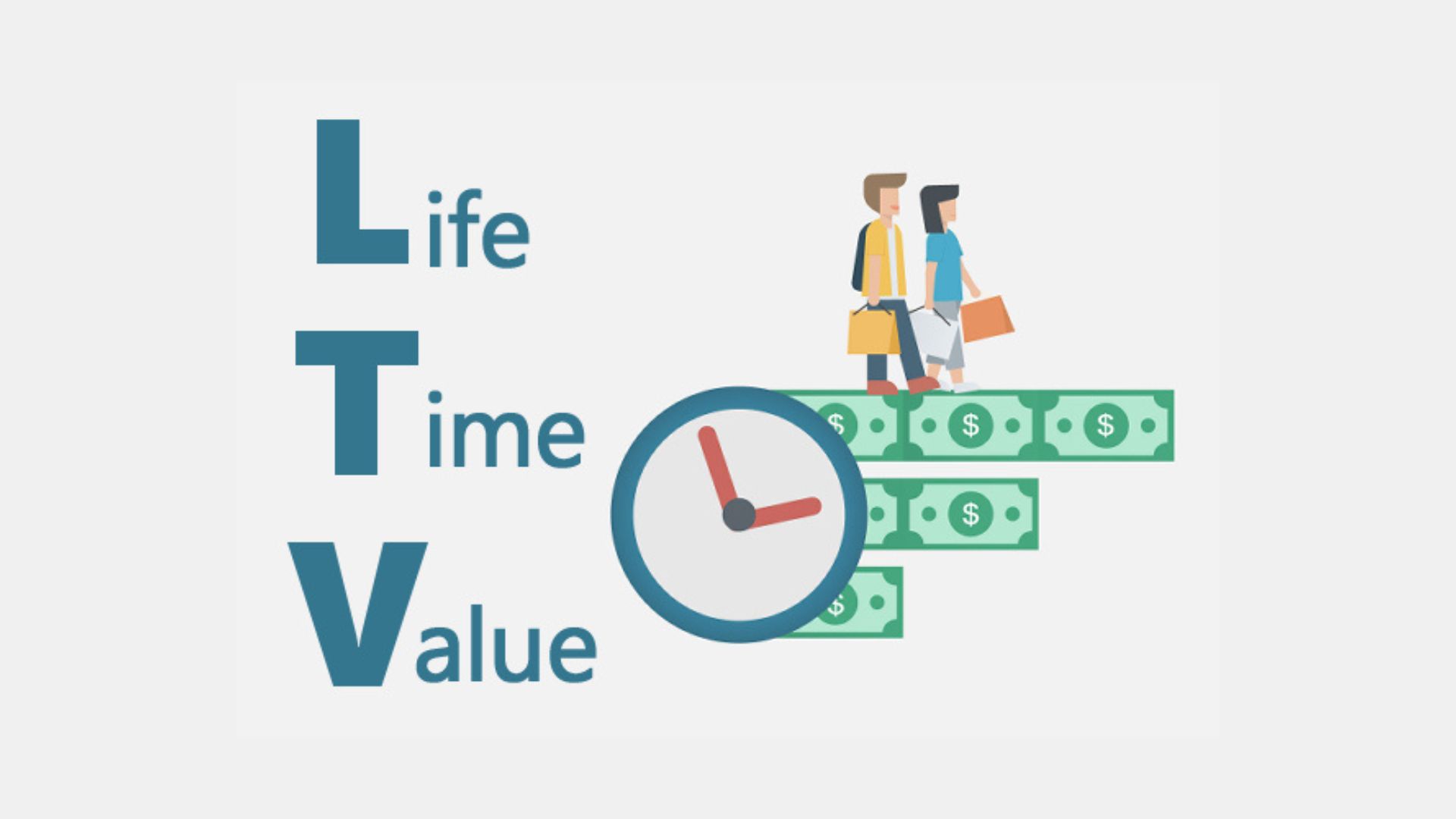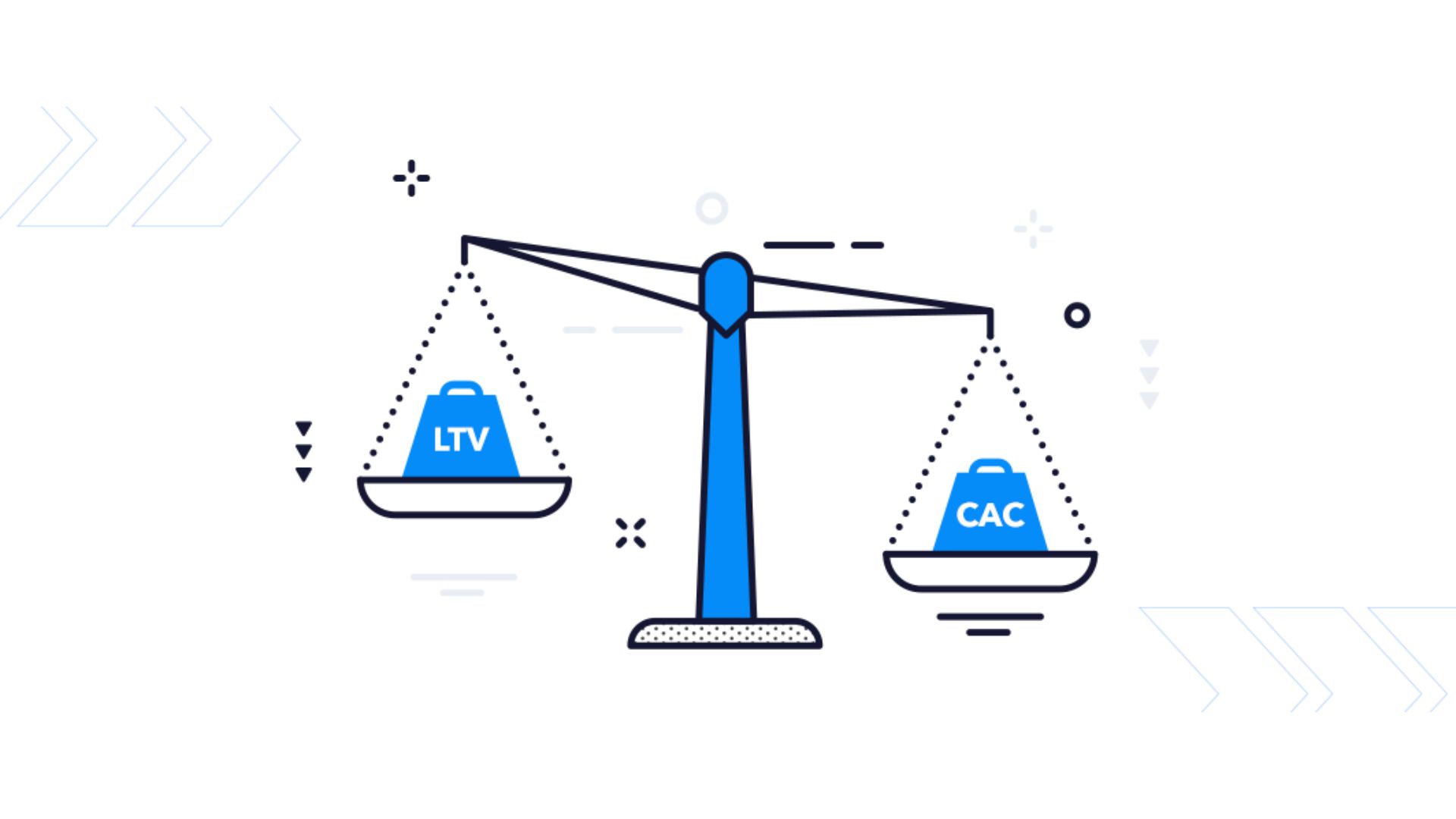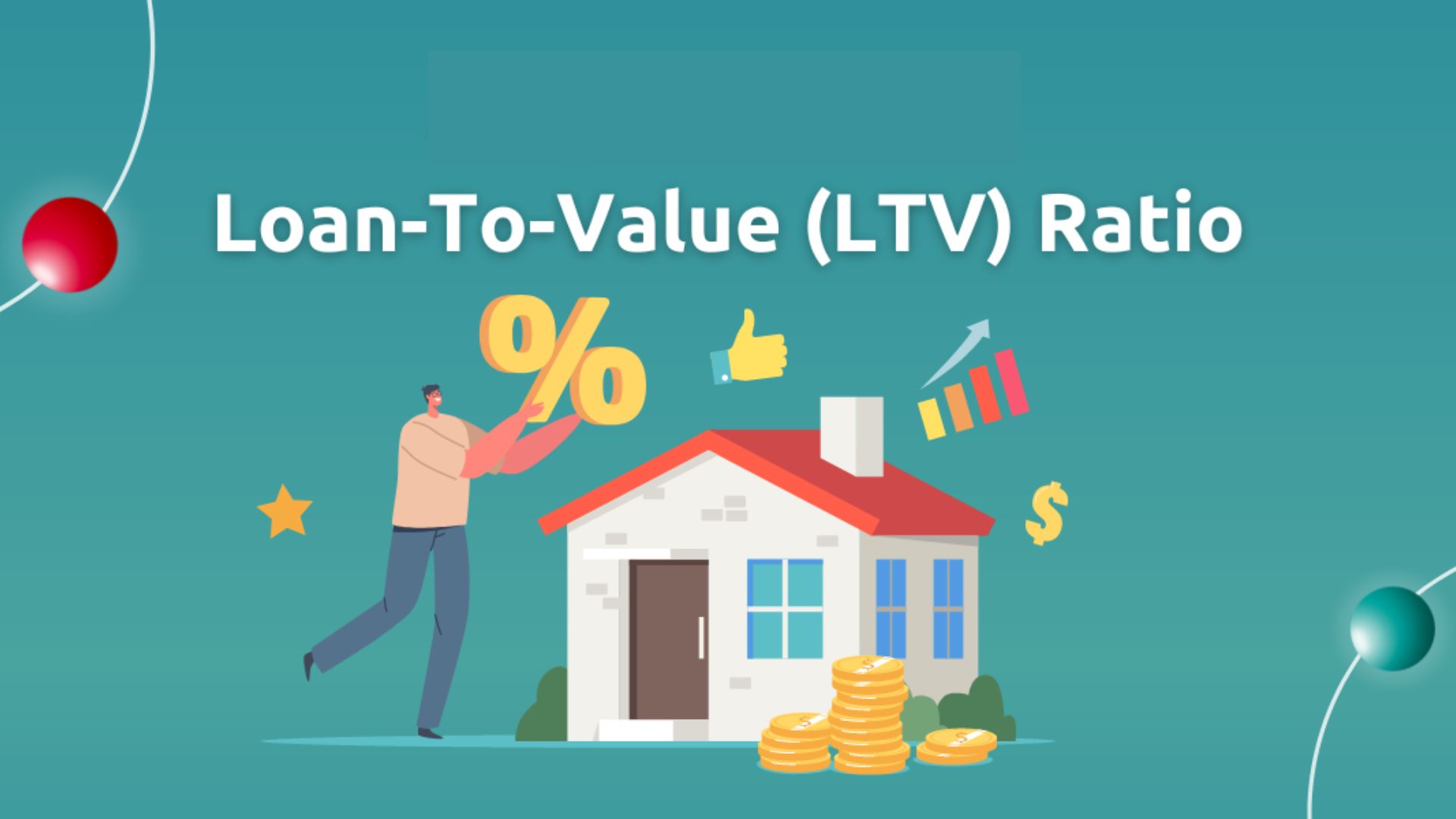Why Is LTV Considered An Important Factor For Mortgage Lenders?
LTV holds significance as lenders rely on it to assess loan approval and determine terms for borrowers. A heightened LTV increases the lender's risk, as a borrower defaulting means the likelihood of recovering funds through property sale diminishes.

Morgan Barrons
Jan 26, 2024
The Loan-to-Value ratio (LTV), which ties together the risk tolerance of lenders and the financial complexities of borrowers, is a critical indicator in the complex world of mortgage finance.
LTV is a crucial component of the mortgage equation, providing a numerical representation of the connection between the loan amount and the property's appraised worth. Loan-to-value (LTV) provides a quantitative indicator of the risk associated with loan extension, essentially capturing the financial dynamics underlying mortgage transactions.
LTV becomes a crucial factor in the lender's decision-making process as it serves as a benchmark for risk assessment and a test of borrower eligibility. This article examines the crucial function that LTV plays and explains Why is LTV considered an important factor for mortgage lenders.
Understanding Loan-To-Value (LTV)
In finance, the link between the worth of your property and the amount you're borrowing to buy it is referred to as a loan-to-value ratio. It may be calculated by dividing the loan amount by the value of your property. It is presented as a percentage.
For instance, your LTV ratio would be 80% if you were going to buy a $200,000 house and obtain a mortgage for $160,000. This indicates that you are borrowing 80% of the property's worth and that you must deposit the remaining 20% ($40,000 in this example).
Do Mortgage Lenders Look At LTV?
Lenders pay strict attention to LTV and believe it to be of utmost significance. When a loan-to-value ratio (LTV) is lower, lenders are less risk-averse, which means they are more likely to give favorable interest rates.
When the loan-to-value ratio (LTV) of a property is higher, lenders believe that they have a lower chance of recovering cash in the event that a mortgage goes into arrears. Loan-to-value ratios (LTVs) that are lower are less risk-averse. This is because a lender is more likely to receive their money back on a property that has a 60% LTV as opposed to one that has a 90% LTV.
The way that lenders look at it is as follows; if the value of your property depreciates to the point where it falls below the amount that you bought for it, and you have taken out a substantial mortgage, then it is more likely that the lender will lose money.
LTV is something that lenders prefer to take very seriously, and as a result, they tend to save the best bargains for mortgages that have an LTV that is lower than 60%.
How Does LTV Affect Your Mortgage?
The loan-to-value ratio is a significant factor in mortgage transaction pricing. Products will be offered by lenders at various LTV bands or tiers, with the interest rates offered generally rising as you progress up the tiers.
Lenders, for instance, usually provide their best rates on products that are accessible up to 60% LTV, i.e., when the borrower has at least 40% equity in their house or a deposit. On the other hand, if you only have a 5% deposit, the highest mortgage rates are often paid at the larger LTVs, such as 95% LTV.
It's all a matter of risk. Your deposit or investment in the property decreases with increasing LTV, and your perceived risk as a borrower increases. The more you may anticipate paying in turn.
The quantity of mortgage offers that are available to you will also depend on your LTV. There can be fewer mortgages available to you if your deposit is merely 5% or 10%, which translates to a high loan-to-value ratio. In contrast, you should be able to pick from a greater variety of mortgages if you have a sizable deposit and a lower loan-to-value ratio.
Factors Impacting Your Loan-To-Value Ratios
Closing your home purchase with a low LTV may place you in a competitive position for refinancing and/or additional borrowing options in the future, even though your LTV ratio decreases as you pay off more of your mortgage and build more equity in your property.
Here are some things to think about in relation to your LTV;
Down Payment
In addition to saving you money on private mortgage insurance, a 20% down payment will guarantee that you begin your home ownership adventure with an 80% loan-to-value (LTV). By doing this, you can improve your chances of being approved for a home equity loan down the road.
Home Value
Achieving the best sale price can have a favorable impact on your loan-to-value ratio (LTV), mainly if you buy a property for less than what is considered to be its worth and can afford a smaller mortgage.
Your LTV could start at a more excellent ratio than it would have if the buyer had accepted a lesser bid if you bought a house above its selling price and needed a larger mortgage.
Appraised Value
By making the most of your home's potential through renovations, improved curb appeal, and routine maintenance, you may be able to preserve your low LTV while also preserving or growing the value of your property.
What Is The Maximum LTV A Mortgage Lender Will Allow?
Under some conditions, it is possible to obtain a mortgage that is one hundred percent, which means that you are borrowing the whole value of the property from the lender and do not need to make a deposit. These kinds of arrangements, on the other hand, are subject to significant limitations and cautions.
The great majority of one hundred percent mortgages must have guarantors, such as the buyer's parents, who are ready to accept responsibility for the loan in the event that the buyer is unable to make the required installments.
It is common practice for the guarantors to use their own homes as collateral (in the event that the sale of the property being purchased does not pay the amount of the mortgage that is still unpaid). There is a possibility that additional mortgage insurance will be required.
You may uncover these offers that are one hundred percent and determine whether or not they are suited for you with the assistance of a mortgage broker.
Reasons Your LTV Could Change
Saving For A Higher Deposit
As you accumulate more deposits, you will be able to acquire a more significant portion of the property from the very beginning, which means that you will require less financing to purchase it.
Additionally, it may indicate that you are able to obtain mortgage transactions that are more competitive and provide cheaper interest rates. It is because of this that the interest rate that is provided to you and the amount that you are required to pay back each month will be affected.
If you save a larger deposit, your repayments, period, and interest rate will be lower. This is because your deposit will be more significant. This is due to the fact that the lender will perceive you as less of a danger if you have a more significant amount of money available to spend toward the purchase of their home.
Overpaying Your Mortgage
If you underpay your mortgage, your loan-to-value ratio will decrease more quickly. When it comes to remortgaging, if your loan-to-value ratio (LTV) decreases, you may be able to secure a more competitive offer than you would have been able to get if you hadn't overpaid.
You also have more alternatives available to you since having more significant equity in your house might provide you with a safety net in the event that you ever find yourself in a bad financial situation.
It is also essential to keep in mind that paying your mortgage in excess of what is required can be an efficient strategy to reduce the amount of money you spend on interest and pay off your mortgage loan sooner.
Choosing To Remortgage
It is essential to give some thought to your loan-to-value ratio (LTV) if you are considering remortgage and want to get the most advantageous bargain that is feasible, given your circumstances. Both the interest rate that is provided to you and the amount that you are able to borrow might be impacted by this factor.
In the event that you have been making payments on your mortgage loan for a considerable amount of time, the value of your house will also increase. Your loan-to-value ratio (LTV) will be lower than it was when you initially obtained your mortgage. This indicates that there may now be other alternatives accessible, which may have cheaper interest rates.
Frequently Asked Questions
Why Is LTV Significant For Lenders?
LTV is crucial for assessing risk, indicating the percentage of the property's value financed by the loan.
How Is LTV Calculated?
LTV is calculated by dividing the loan amount by the appraised value of the property and multiplying it by 100.
What Does A Higher LTV Ratio Imply For Lenders?
A higher LTV ratio suggests higher risk, as borrowers have less equity in the property, potentially impacting loan repayment ability.
Final Thoughts
Talking about why is LTV considered an important factor for mortgage lenders? The significance of Loan-to-Value (LTV) in mortgage lending must be balanced. As a pivotal metric, LTV serves as the linchpin for risk assessment, influencing borrower eligibility and loan terms. Lenders rely on this ratio to navigate the complex landscape of financial exposure, utilizing it as a fundamental risk management tool.
The delicate balance between loan amount and property value encapsulated in LTV underscores its role in sustaining a healthy lending portfolio. Both lenders and borrowers, armed with an understanding of LTV's nuances, can make informed decisions, fostering responsible homeownership and fortifying the resilience of the mortgage industry.


